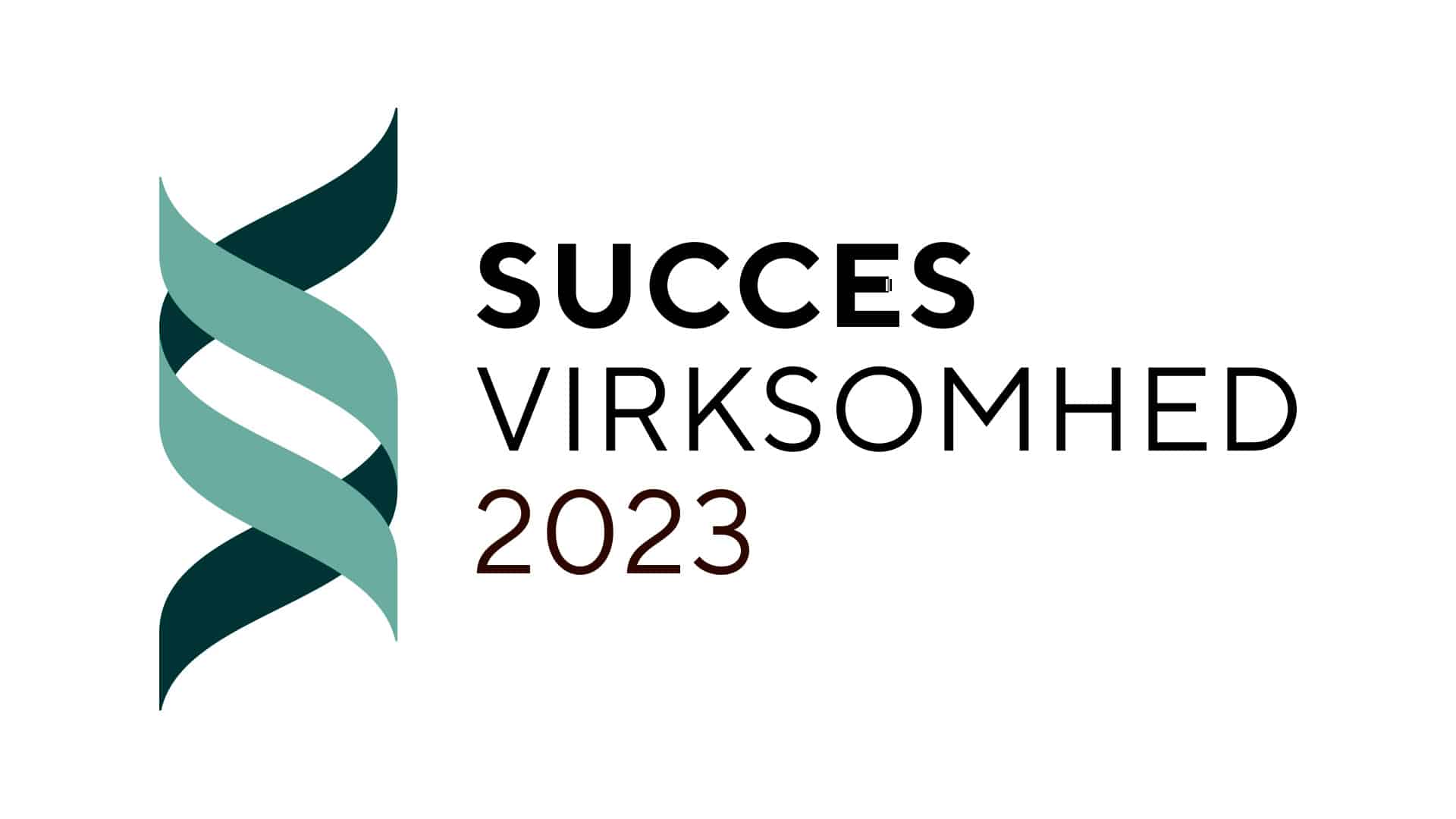In today’s globalised economy, it makes sense that businesses are looking into expanding their operations across borders. When embarking on that journey it could be suggested to make use of the concept of using an Employer on Record (EOR); however, while this may seem as a convenient solution for a quick establishment of an international workforce, it often introduces a host of challenges that far outweigh its benefits.
The illusion of simplicity
EORs promise to streamline international expansion by handling local payroll, taxes, and compliance. However, this outsourcing can create a false sense of simplicity. Companies relying on EORs risk misalignment with local laws and may face unexpected legal complications if the EOR fails to comply with regional regulations. Direct employment, in contrast, allows businesses to establish a more robust and legally secure presence in foreign markets.
Cost considerations
While EORs eliminate the need to establish a local legal entity, their services come at a premium. Hidden costs and administrative fees can quickly add up, making EORs more expensive than initially anticipated. Direct hiring, although requiring upfront investment in local infrastructure, can lead to significant cost savings over time as companies avoid these fees and gain better control over their financial operations.
Maintaining control and culture
Using an EOR often results in a loss of direct control over HR functions, which can affect how employees are managed and integrated into the company culture. Employees hired through an EOR may feel less connected to the parent company, leading to decreased engagement and productivity. Direct employment fosters a stronger cultural alignment and enhances employee loyalty and commitment.
Compliance and Risk Management
The complexity of international tax laws and employment regulations cannot be overstated. By directly employing staff, companies can tailor their compliance strategies and mitigate risks more effectively. This approach reduces the reliance on third-party entities and ensures that businesses remain agile and responsive to changes in the legal landscape.
Generally, three major risks are associated with EOR:
1) Tax authority challenges,
2) Permanent establishment, and
3) Compliance and legal risk management
Some tax authorities may not recognise the employment arrangements made through an EOR. This is because the EOR acts as the legal employer, but the actual work and control might still be linked to the parent company. This can lead to disputes regarding the rightful tax obligations and may result in fines or penalties if the arrangement is deemed non-compliant. There have been cases where tax authorities scrutinised the legitimacy of EOR setups, particularly if the arrangements appear to circumvent local employment laws.
Using an EOR does not necessarily eliminate the risk of creating a permanent establishment (PE) in the host country. A PE can occur if the parent company is deemed to have a significant presence in a country, which could happen if employees hired through an EOR are considered to perform core business functions or generate substantial revenue in that location. This can lead to additional tax liabilities and regulatory obligations for the company.
EORs can help manage compliance with local laws, but the responsibility ultimately remains with the client company to ensure that all regulations are met. There are also risks associated with co-employment or joint employment, where both the EOR and the client company could be treated as the legal employers of the workers. This situation can complicate legal responsibilities and increase the risk of non-compliance.
The Crossbord advantage
At Crossbord, we specialise in helping businesses navigate the complexities of international employment without resorting to EORs. Our comprehensive services in payroll management, tax compliance, and HR consulting provide the necessary support for companies to thrive globally while maintaining direct control over their operations. We believe that a strategic approach to direct employment not only ensures compliance but also strengthens the connection between employer and employee.
In conclusion, while EORs offer a tempting shortcut to international expansion, the long-term benefits of direct employment are clear. By investing in direct hiring practices, companies can achieve sustainable growth, maintain cultural alignment, and safeguard against potential compliance pitfalls.
FAQ: Employer on Record VS Direct Employment
Question: What is direct employment?
Direct employment is when a company hires employees directly, managing payroll, taxes, and compliance. The company has full control over HR and employee management.
Question: What are the advantages of direct employment?
– Full Control: Companies manage HR and ensure alignment with corporate culture.
– Employee Engagement: Employees feel more connected and committed.
– Legal Compliance: Tailored compliance strategies reduce non-compliance risks.
– Cost Efficiency: Avoids third-party fees, potentially saving costs long-term.
Question: What are the disadvantages of direct employment?
– Administrative Burden: Requires significant resources and expertise.
– Complexity: Navigating laws across jurisdictions can be time-consuming.
– Initial Investment: Setting up a local entity can be costly.
Question: What is an Employer on Record (EOR)?
An EOR is a service provider that acts as the legal employer, handling payroll, taxes, and compliance, while the client company manages daily activities.
Question: What are the advantages of Employer on Record?
– Quick Entry: Enables fast market entry without setting up a legal entity.
– Administrative Ease: EOR handles HR tasks, freeing company resources.
– Scalability: Allows workforce scaling based on market demands.
Question: What are the disadvantages of Employer on Record?
– Limited Control: Reduced control over HR and employee management.
– Higher Costs: Potentially expensive with hidden fees.
– Employee Disconnect: Employees may feel less connected to the company.
– Tax Challenges: Some authorities may not recognise EOR arrangements.
– PE Risk: Risk of creating a permanent establishment, leading to tax liabilities.
Question: When should a company use direct employment?
Direct employment is ideal when companies want full control, have the resources for HR management, and plan for long-term market presence.
Question: When is an EOR beneficial?
EORs are useful for quick market testing, avoiding legal setup costs, and managing international hires without existing infrastructure.




